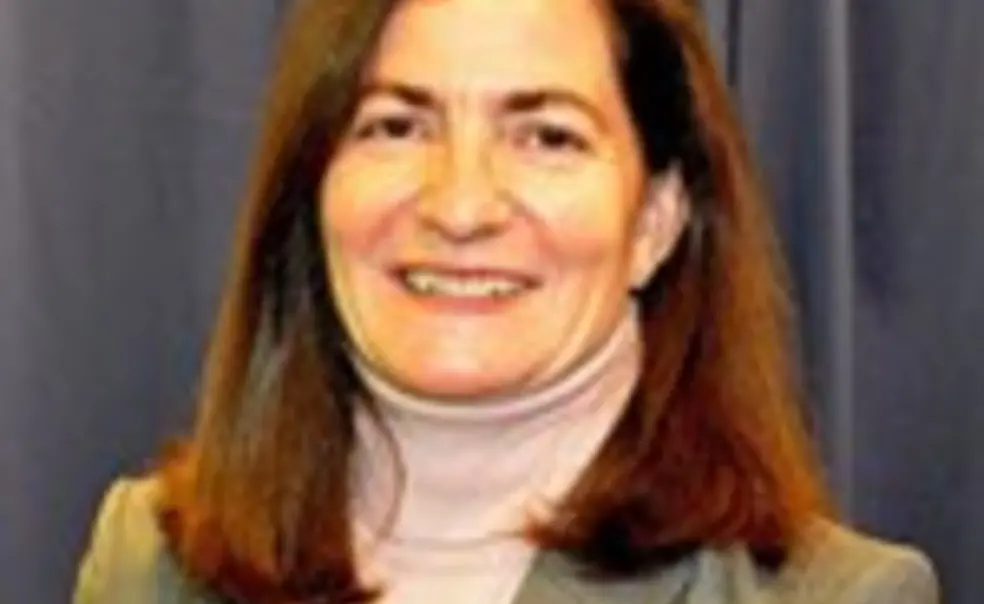FTC’s Brill ’81 Discusses Privacy, Big Data
[
âBig dataâ analytics may lead to promising changes in our lives, but the collection and storage of deeply personal data also raises key privacy issues, said Julie Brill â81, a member of the Federal Trade Commission (FTC), in a Feb. 20 talk at Robertson Hall. Brill, who started working in consumer protection after law school, began a six-year term on the FTC in 2010. Addressing students, faculty, and community members, she noted the alarming amount of information that is now for sale from data brokers, particularly in the area of health. âThe U.S. Government Accountability Office reports that one data broker includes in its consumer profiles information about 20 or more specific diseases, including cancer, diabetes, clinical depression, and prostate problems,â she said. âAll of this creation, analysis, and use of consumersâ health information is happening outside of HIPPA, outside the U.S. regulatory regime designed to protect health information.â Brill outlined recommendations for improving privacy, including better methods of âdeidentifyingâ data; a focus on ethics in computer science; and laws that would give citizens more access to their information and control over how it is used. She answered questions from the audience, discussing ways to regulate data collectors. Because data brokers are not consumer-facing, she said, people often do not understand the amount of information that these companies collect. âEvery company that holds data is a potential victim for a security breach,â Brill noted, so even information that is not shared or sold could be taken. Being able to control your own data âgoes right to the heart of what it means to be a citizen,â she said. Federal regulations for national credit-reporting agencies may provide a model for regulation of data-collection companies with a national footprint, Brill said. âOne of the things that is often said by industry is, âThis is too big â itâs too big of a problem to solve,ââ she said. âIâd like to turn that around and have those who are saying that look in the mirror and bounce it back at them: If itâs a huge problem, we must solve it.âRead More: Big Data? Big Brother? Big Questions, from the Jan. 8, 2014, issue.










No responses yet